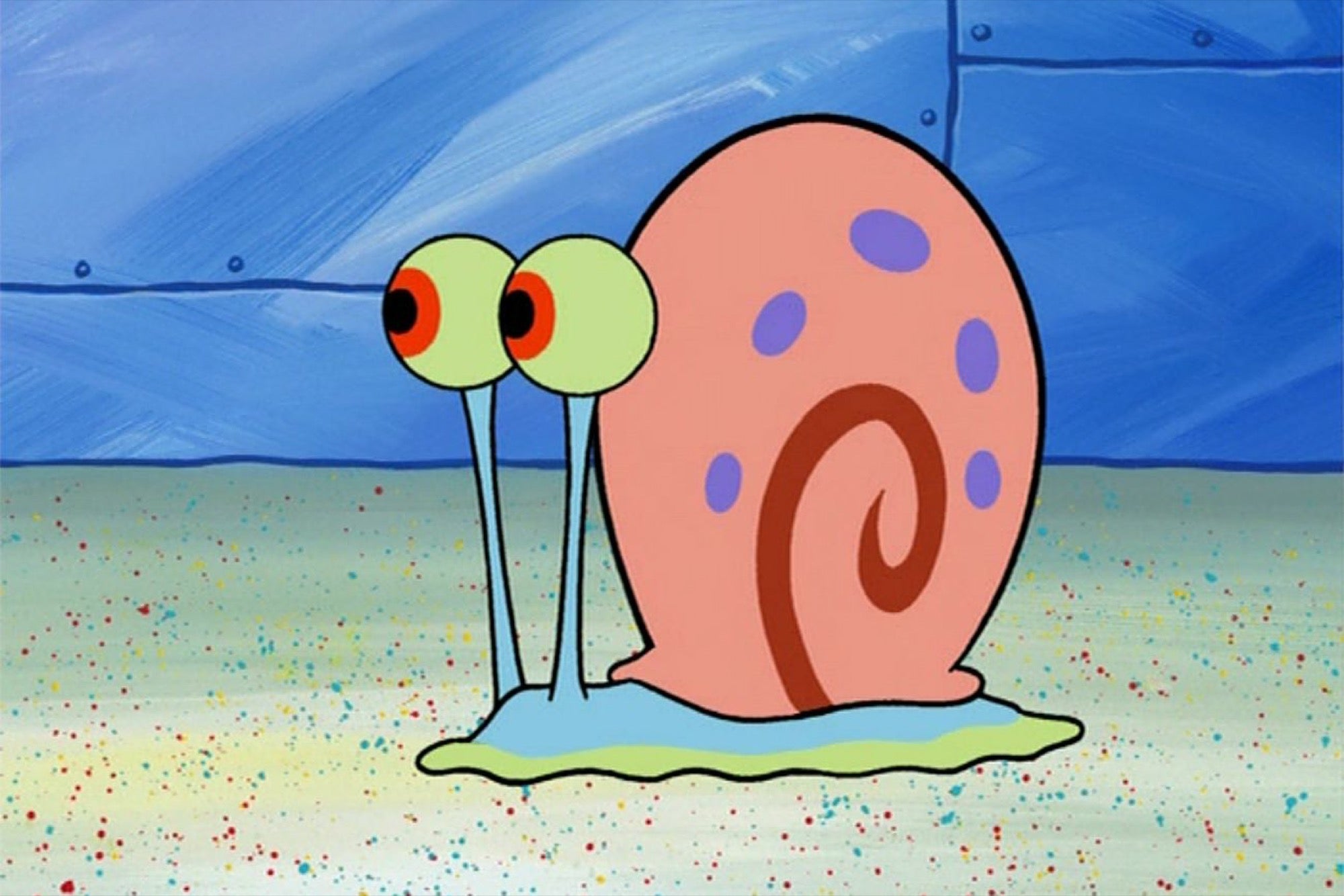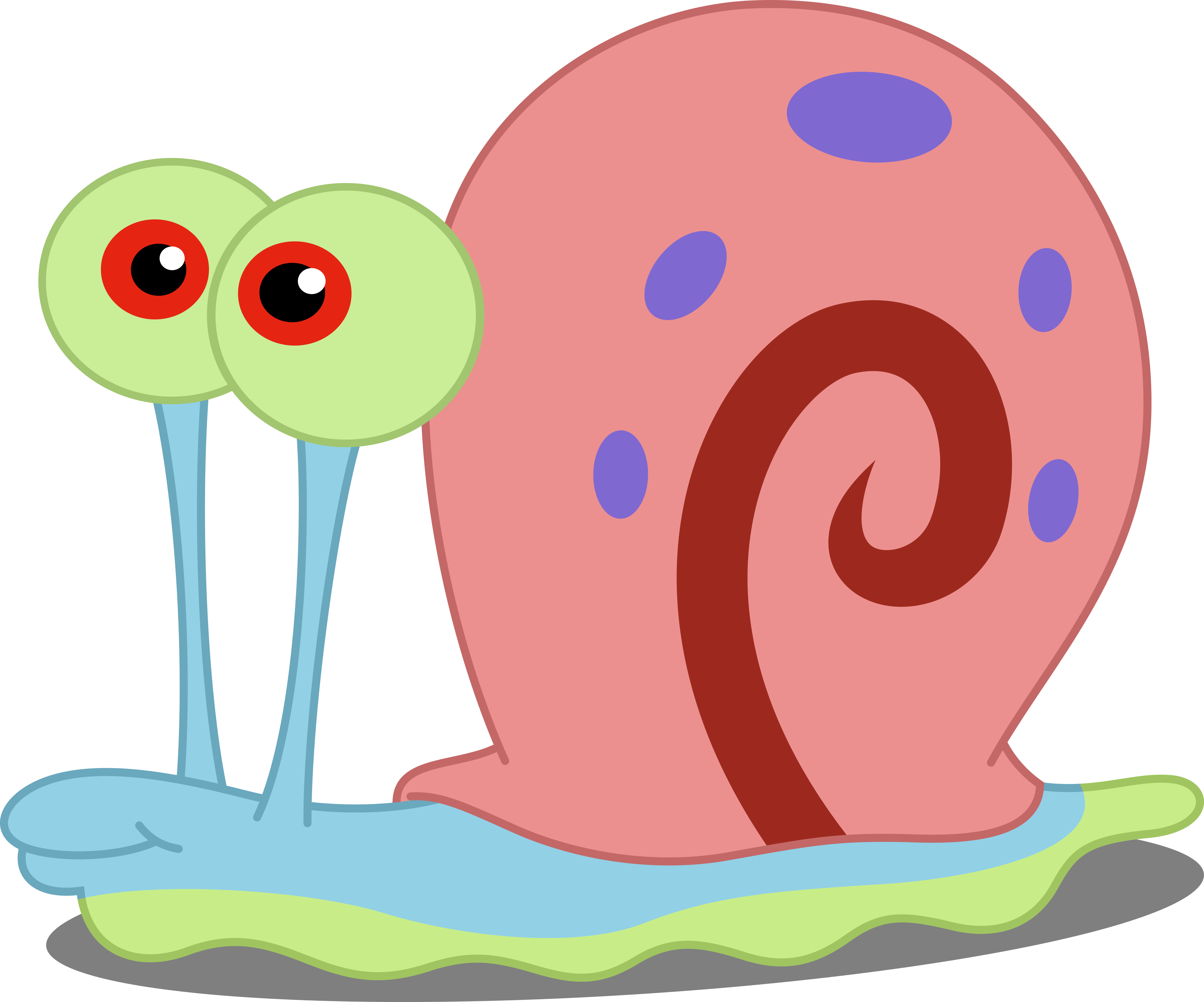Gary Busey Net Worth 1990: Unpacking A Hollywood Star's Financial Standing
Have you ever wondered about the financial world of a Hollywood star during a specific time? It's a fascinating thought, to be honest. We're talking about the iconic Gary Busey, and today, we're going to explore his financial situation around the year 1990. That particular period was a rather significant one for him in his acting journey.
Trying to pin down an exact net worth for anyone, especially a public figure from decades past, can be quite a challenge. It's almost like trying to count grains of sand on a beach, in a way. Yet, the curiosity about how much actors earned, and what their overall financial picture looked like, remains a very popular topic for many.
You know, it's interesting how the name "Gary" pops up in so many different contexts. For instance, the provided text offers a lot of compelling information about the city of Gary, Indiana, a place shaped by its industrial past and the legacy of Elbert Henry Gary. It even mentions the Gary Public Library and other community aspects. We also learn about figures like Gary Vaynerchuk and Gary Lewis. However, it's worth noting that our discussion about Gary Busey's financial standing in 1990 will come from general knowledge and public records about his career, as the provided text doesn't actually contain details about his personal finances. So, let's turn our attention to the actor himself.
Table of Contents
- Gary Busey: A Look Back at His Path
- The Hollywood Scene in 1990
- Pinpointing Gary Busey's Net Worth in 1990
- Gary Busey's Impact Beyond Money
- Common Questions About Gary Busey
- Reflecting on a Career and Its Value
Gary Busey: A Look Back at His Path
Early Life and Career Beginnings
Gary Busey, born William Gary Busey, started his journey in the entertainment world quite early. He was born in Goose Creek, Texas, and later grew up in Oklahoma. His early interests were actually in music. He was a drummer in several bands before he transitioned into acting. This musical background, you know, it apparently gave him a certain rhythm and presence on screen.
He began getting smaller parts in films and television shows during the late 1960s and early 1970s. These early roles, while not huge, still helped him gain valuable experience. He was slowly but surely building a name for himself in Hollywood. It was a gradual climb, as it often is for many performers.
His breakthrough role came in 1978, when he played Buddy Holly in "The Buddy Holly Story." This performance, you know, it earned him an Academy Award nomination for Best Actor. That was a really big deal for his career. It showed everyone that he had serious acting chops and could carry a major film. This film, in some respects, put him on the map for good.
After "The Buddy Holly Story," Gary Busey's career definitely picked up speed. He started getting more prominent roles in a variety of films. He was known for his intense performances and a unique screen presence. His characters often had a certain unpredictable energy, which audiences seemed to really connect with, you know.
By the time the late 1980s rolled around, he had a solid reputation as a character actor and sometimes a leading man. He appeared in action films, dramas, and even some comedies. His versatility, in a way, made him a sought-after talent. He was consistently working, which is a key factor in building an actor's financial standing over time, obviously.
Personal Details and Bio Data
| Detail | Information |
|---|---|
| Full Name | William Gary Busey |
| Born | June 29, 1944 |
| Birthplace | Goose Creek, Texas, U.S. |
| Height | Approximately 6 ft 1 in (185 cm) |
| Spouse(s) | Judy Helkenberg (m. 1968; div. 1990) Tiana Alexandra (m. 1991; div. 1992) Steffanie Sampson (m. 2008) |
| Children | Jake Busey, Luke Busey, Alectra Busey |
| Occupation | Actor, Musician |
| Active Years | 1967–present |
The Hollywood Scene in 1990
The year 1990, you know, was a really interesting time in Hollywood. The film industry was seeing some big changes. Blockbuster movies were becoming even more dominant. Action films, in particular, were very popular. This was a period where stars could command significant salaries for big roles. It was a very different landscape compared to today, in some respects.
Studios were investing heavily in big productions. The home video market was also growing, which added another stream of revenue for films and, by extension, for the actors involved. This meant that successful actors had more opportunities to earn money, not just from their upfront salaries but also from residuals and other agreements. It was a rather lucrative time for established talent.
The concept of a "movie star" was still very powerful, you know. Actors like Gary Busey, who had a recognizable face and a strong screen presence, were valuable assets for film projects. Their names could help draw audiences to the theaters. This demand, obviously, played a role in what they could ask for in terms of compensation.
What Was Gary Busey Doing Around 1990?
Leading up to 1990, Gary Busey had already made quite a mark. He was in "Lethal Weapon" in 1987, playing the memorable villain Mr. Joshua. That film, you know, was a massive hit. It solidified his reputation as an actor who could bring a real intensity to his roles. His performance in that movie, you know, is still talked about quite a bit.
In 1990 itself, Gary Busey was involved in a few projects. One notable film from that year was "Predator 2." In this action-packed sequel, he played a federal agent. This role further cemented his place in the action genre, which was very popular at the time. It showed his continued ability to perform in high-stakes, physically demanding parts.
Right after 1990, in 1991, he starred in "Point Break." While this film technically came out just after our target year, it's really important for understanding his perceived value around that time. In "Point Break," he played Angelo Pappas, a veteran FBI agent. This role, you know, showcased his ability to play a more grounded, yet still quirky, character alongside rising stars. It was a very successful film, and it further boosted his profile.
So, by 1990, Gary Busey was a working actor with a solid filmography. He was consistently appearing in films that were either box office successes or at least critically recognized. This steady work, and his involvement in popular movies, would have contributed significantly to his income. He was, apparently, in a good place in his career.
Pinpointing Gary Busey's Net Worth in 1990
The Challenges of Celebrity Finances
Estimating the exact net worth of a celebrity, especially from a specific year like 1990, is quite a complex task. Financial details for actors, you know, are usually kept private. What we often see reported are estimates based on their known film salaries, endorsements, and public appearances. It's rarely a precise figure, to be honest.
Actors' incomes come from various sources. There's the upfront salary for a film, which can vary wildly depending on their star power and the film's budget. Then there are residuals from TV airings, home video sales, and later, streaming. They might also have endorsement deals or other business ventures. All these factors, you know, contribute to their overall wealth.
Around 1990, Gary Busey was a known entity in Hollywood. He wasn't necessarily a top-tier A-list star commanding tens of millions per film, but he was a very recognizable and in-demand character actor. Actors in his position would typically earn anywhere from hundreds of thousands to a few million dollars per film, depending on the size of the role and the film's budget. For instance, a role in a major studio film like "Predator 2" or "Point Break" would have paid him a significant sum, perhaps in the range of low to mid-seven figures for a substantial part.
Considering his steady work in the late 1980s and early 1990s, including roles in hits like "Lethal Weapon," it's reasonable to estimate his net worth in 1990. After factoring in typical Hollywood expenses, agent fees, and taxes, a good estimate for Gary Busey's net worth in 1990 would likely have been in the range of **$2 million to $5 million**. This figure, you know, represents his accumulated wealth at that point, considering his career earnings and any investments or assets he might have had. It's important to remember this is an estimate, as exact figures are not publicly disclosed.
When we talk about "Gary Busey career earnings," it's a cumulative figure. His net worth in 1990 would have been a snapshot of his financial standing at that specific moment, reflecting his past successes. It's also worth noting that actors often have fluctuating incomes. Some years are much bigger than others, obviously, depending on the projects they land. His involvement in major films around that time, like those mentioned, would have been significant for his bank account.
For more insights into the financial aspects of an actor's life, you can learn more about how Hollywood salaries work on our site. Understanding the business side of the industry helps put these figures into perspective. It's a rather intricate system, that.
Gary Busey's Impact Beyond Money
Beyond the numbers, Gary Busey's presence in film has always been something unique. He has a way of making every character he plays memorable, regardless of the size of the role. His acting style, you know, is often described as intense and full of raw energy. This quality, in a way, has made him a cult figure for many film fans.
His performances, especially in films from the late 80s and early 90s, left a lasting impression. He had a knack for playing both compelling villains and surprisingly endearing sidekicks. This range, you know, allowed him to work across different genres and with many prominent directors. It's a testament to his talent, really.
He's an actor who, you know, brings a certain unpredictability to the screen. You never quite know what he's going to do next, and that's part of his appeal. This artistic contribution, obviously, is something that can't be measured in dollars and cents. It's a different kind of value altogether.
His personal life, too, has been a subject of public interest. He faced a serious motorcycle accident in 1988, which had a profound impact on him. This event, you know, occurred just before our target year of 1990. Despite the challenges, he continued to work, which speaks to his resilience and dedication to his craft. His ability to bounce back, in a way, is truly remarkable.
His enduring career, spanning decades, shows a commitment to acting. Even today, he continues to appear in various projects, albeit perhaps not as frequently as in his heyday. His unique persona, apparently, keeps him relevant in the public eye. He's a true original, you know, and there aren't many like him.
If you're interested in learning more about the lives and careers of other actors from that period, you might want to check out this page on Hollywood stars of the 90s. It gives a broader picture of the industry during that time.
Common Questions About Gary Busey
People often have questions about Gary Busey, especially concerning his career and life events. Here are a few common ones:
What was Gary Busey's most famous role?
Many people consider his role as Buddy Holly in "The Buddy Holly Story" to be his most famous and critically acclaimed performance. It earned him an Academy Award nomination, you know, and really put him on the map. However, his villainous turn as Mr. Joshua in "Lethal Weapon" is also incredibly well-known and loved by fans of action films, obviously.
Did Gary Busey have a music career?
Yes, he did! Before he became a prominent actor, Gary Busey was a musician, primarily a drummer. He played in several bands, and this background helped him secure the role of Buddy Holly. He even contributed to the soundtrack of "The Buddy Holly Story." So, too, his musical talents are a significant part of his story.
What happened to Gary Busey's health?
Gary Busey was involved in a very serious motorcycle accident in December 1988. He suffered a severe head injury. This event, you know, led to a long recovery period. Despite the gravity of the accident, he made a remarkable comeback to acting. His recovery, in a way, has been a topic of much discussion and inspiration for many, apparently.
Reflecting on a Career and Its Value
Looking back at Gary Busey's career leading up to and including 1990, it's clear he was a very busy and valuable actor. His consistent work in popular films, you know, suggests a strong earning potential during that period. While exact figures for his net worth remain private, the context of his roles and the Hollywood economy at the time give us a pretty good idea.
His contributions to cinema go far beyond just the money he earned. His unique acting style and memorable performances have left a lasting mark on film history. He's an actor who truly stands out. His resilience, too, in the face of personal challenges, is something many people admire, obviously.
So, considering all these points, Gary Busey in 1990 was a working actor with a solid financial base, built on years of dedicated performances. He was a recognized face, bringing his distinctive energy to every project. What are your favorite Gary Busey roles from that time? Share your thoughts with us!

Elon Musk Introduces His Pet Snail 'Gary' at an L.A. Event to Tout His

Vector #674 - Gary #2 by DashieSparkle on DeviantArt

40 Facts About Gary Lightbody - Facts.net